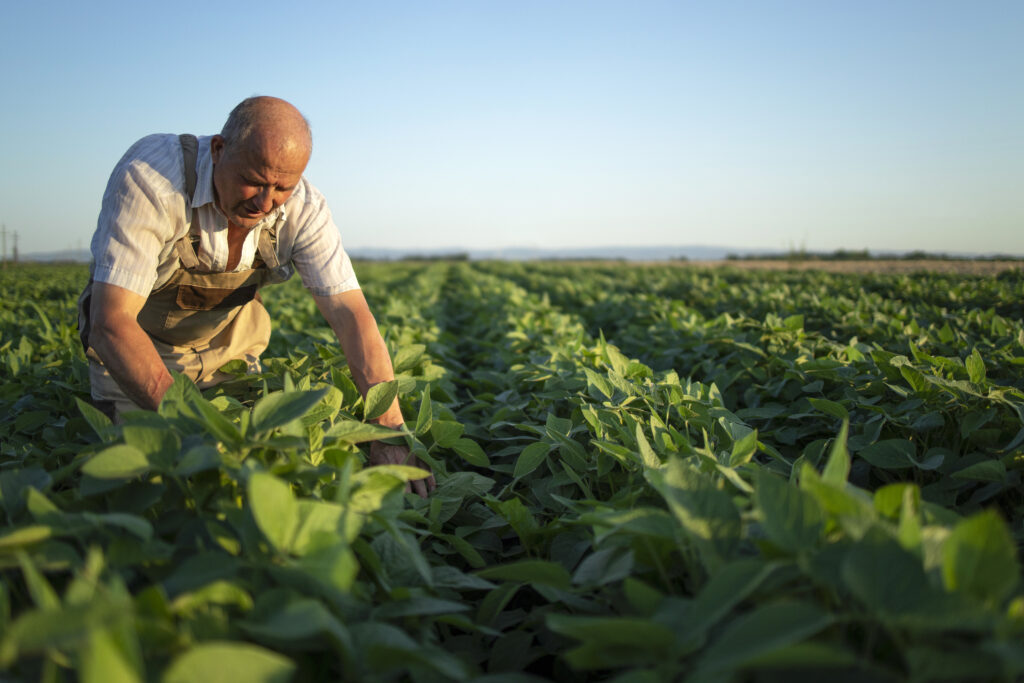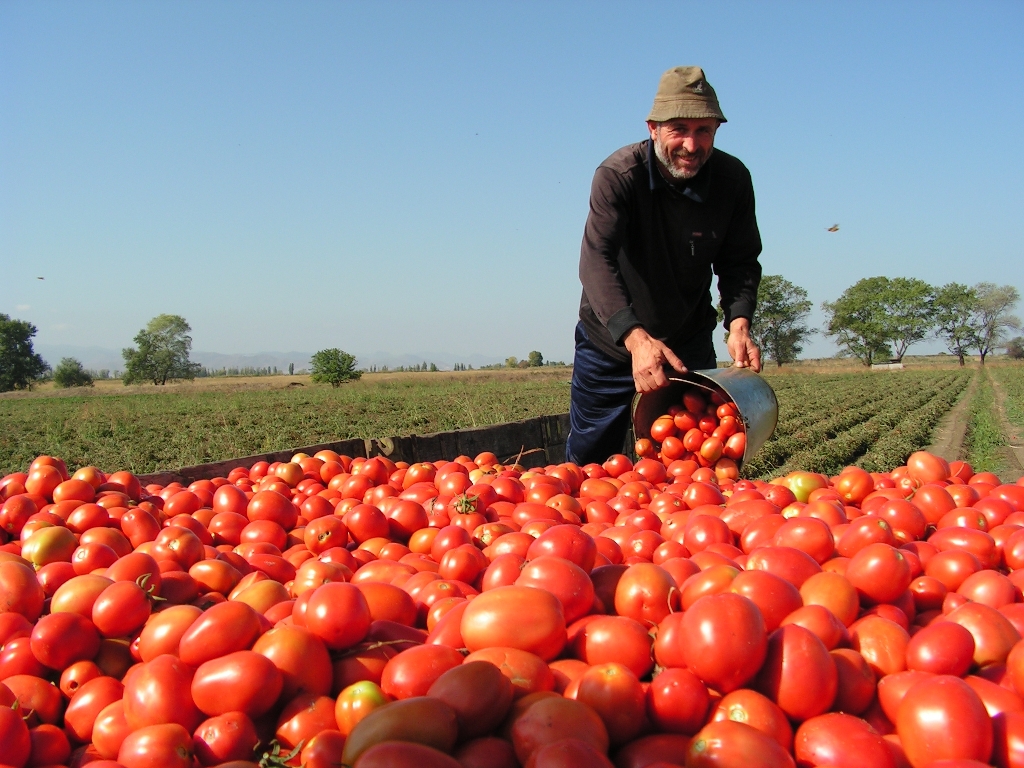Duration: 2021-2025
Geographic area: Marneuli municipality, Kvemo Kartli region, Georgia
Implemented by: CENN
Donor: Heks-Eper
The key ambition of the project is to support income generation opportunities for vulnerable population in the Marneuli municipality through the promotion and integration of Climate Resilient Agricultural (CRA) practices. The support includes capacity building of community institutions and local actors, development of a Framework Plan for CRA via a bottom-up participatory approach, implementation of advocacy campaigns, delivering sub-grant component financing CRA initiatives, enhancing the ecosystem of agricultural cooperatives. Overall, the project contributes to the sustainable and inclusive social-economic development of Marneuli municipality
PRAISE Marneuli has three outcomes: 1. Mechanisms are established for the implementation of climate-resilient agricultural practices on the municipality level; 2. Community institutions and local stakeholders are empowered and have the capacity to apply climate resilient agriculture (CRA) practices and implement Human Right Based Approach (HRBA) principles; 3. Income generation opportunities are created and the quality of life is improved.

Food security,
safety and sustainability
The project aims to transform agricultural and food systems by implementing climate-resilient agricultural practices. This will reduce the risks of crop failure during extreme weather events, resulting in decreased food insecurity and poverty in the short term while reducing climate change as a threat to food security over the longer term. Through the adoption of integrated pest management practices, the use of agrochemicals will be reduced and safe, nutritious, high-value crops will be produced, promoting healthy diets and protecting against malnutrition.

Sustainable
agriculture
One of the core interventions of the project to accelerate the adoption of sustainable agricultural practices throughout Marneuli municipality is the capacity building of local actors across agricultural value chains. The capacity-building program of the project consists of thematic trainings, development of demo-plots, field days, study tours, youth green camps and dissemination of knowledge materials. Through capacity building activities the project estimates to directly reach 300 individuals with a particular focus on women and ethnic minorities and equip them with knowledge and skills to apply sustainable agricultural practices (sustainable soil management, crop diversification and rotation, composting, cover cropping, reduction of chemical inputs, cultivation of climate-resistant crop varieties, drip irrigation systems, greenhouse production). To scale sustainable agricultural practices within local actors, the project delivers sub-grant component and supports the establishment of rural women cooperatives. For ensuring youth engagement, specifically young women’s participation in sustainable agriculture, agriprenership, food systems and environmental protection, the “Girls’ Empowerment Club” of Marneuli municipality has been established and diverse non-formal educational activities are implemented for 20 members of the club to ensure that they are better aware of climate-resilient agriculture and environmentally friendly practices and are able to generate sustainable solutions throughout food systems.

Climate change mitigation,
adaptation and resilience
To integrate adaptation mechanisms and increase the resilience of agricultural systems at the local level, the project has developed An inclusive Framework Plan for Climate Resilient Agriculture (CRA) for Marneuli municipality through a bottom-up approach and based on the needs and priorities of rights-holders and local government authorities. The Framework Plan for CRA is available for community institutions and actors and serves as a knowledge material and guideline for planning and delivering adaptation practices in crop production, livestock production and land management. The project has established A Multi-sectoral Stakeholder Working Group (MSWG) of Marneuli municipality that includes 17 stakeholders from different sectors with the equal participation of vulnerable groups. The MSWG has been actively engaged in diagnosing barriers for adopting CRA practices at the municipality level and based on emerging challenges, planning and implementing advocacy campaigns. Advocacy issues are related to effective management of irrigation systems, waste management, preventing pollution of soil. Members of the MSWG also act as knowledge multipliers to raise awareness of local dwellers on the impact of climate change on agriculture, the importance of mitigation and adaptation practices and promote CRA. Furthermore, the development of 2 demo-plots is intended to showcase CRA practices and adaptation techniques and upgrade the skills of farmers and extension specialists on CRA.
